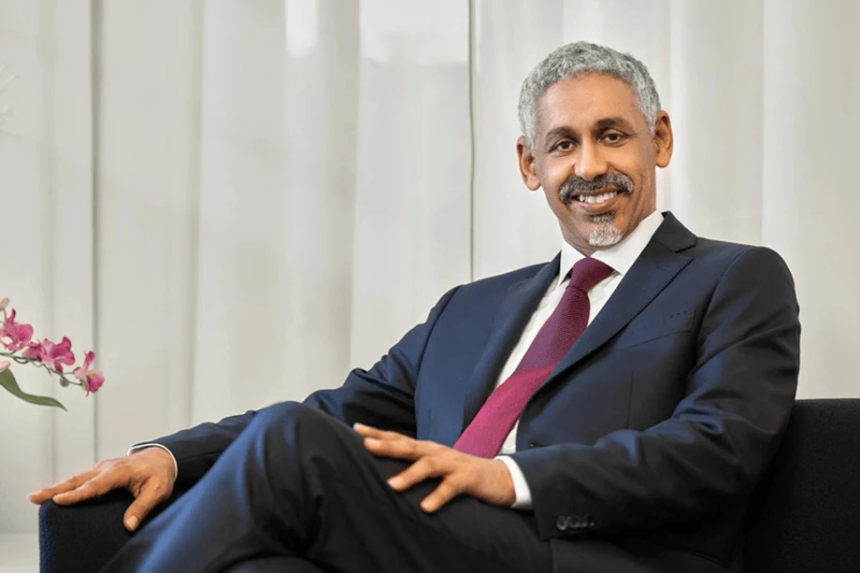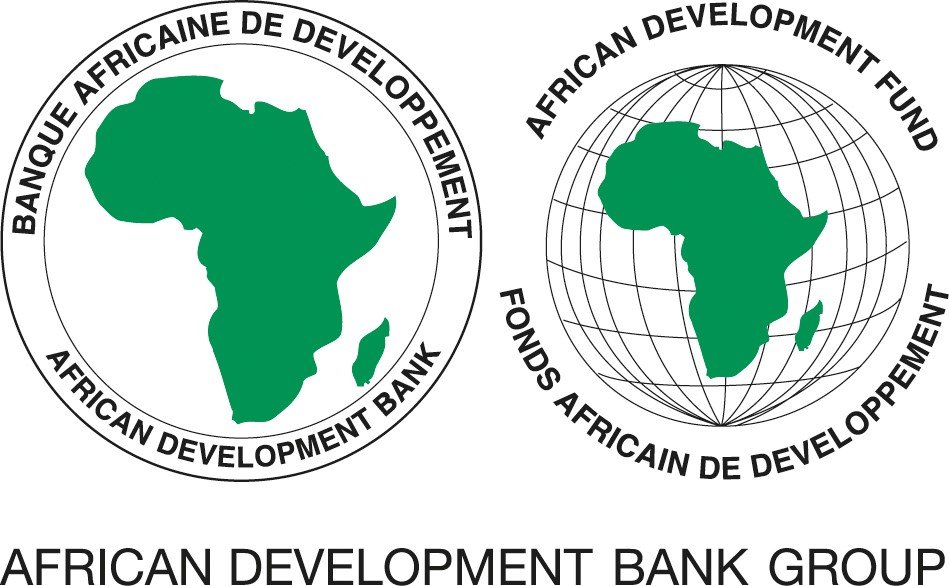Sidi Ould Tah has been elected president of the African Development Bank Group for a five year term. The Mauritanian national is set to become the 9th president of the bank and will assume office on September 1, taking over from Nigeria’s Akinwumi Adesina.

The election results were announced by Niale Kaba, minister of planning and development for Côte d’Ivoire, and chairman of the bank’s board of governors at the institution’s annual meetings in Abidjan.
The winning candidate is required to obtain at least 50.01% of both the regional and non-regional votes. Tah secured 76.18% of the total vote and 72.37% of regional votes in the third round of voting – a historic majority that underscores the strength of the mandate handed to him by the bank’s shareholders. He defeated Zambia’s Samuel Maimbo, Senegal’s Amadou Hott, Chad’s Mahamat Abbas Tolli, and South Africa’s Swazi Tshabalala.
Tah, who spoke to African Business last month about his ambitions for the bank, brings over 35 years of experience in African and international finance. For a decade, until April, he was the president of the $20bn Arab Bank for Development in Africa (BADEA), where he led a 376% capital expansion and launched the institution’s first ten year strategy. Under his watch, annual approvals rose twelvefold, disbursements eightfold and BADEA became a consequential actor in infrastructure, SME finance, digital platforms and fragile state development.

The African Development Bank’s past heads since its inception in 1964 are:
- Mamoun Beheiry (Sudan), 1964-1970
- Abdelwahab Labidi (Tunisia), 1970-1976
- Kwame Donkor Fordwor (Ghana), 1976-1980
- Willa Mung’Omba (Zambia), 1980-1985
- Babacar N’diaye (Senegal), 1985-1995
- Omar Kabbaj (Morocco), 1995-2005
- Donald Kaberuka (Rwanda), 2005-2015
- Dr. Akinwumi Adesina (Nigeria), 2015-2025.
In May, just weeks before the AfDB elections, S&P Global upgraded BADEA’s long-term credit rating to AA+. Tah previously served as minister of economic affairs and finance of Mauritania before his time at BADEA.
Working with a campaign team led by Frannie Léautier, former vice-president at both the AfDB and the World Bank, Tah campaigned on a platform of transformation. He promised to reform Africa’s financial architecture; turn the continent’s demographic boom into economic strength; industrialize while leveraging natural resources; and mobilize large-scale capital.
In a brief acceptance speech in Abidjan, he thanked the bank’s shareholders for entrusting him with a strong mandate and expressed his eagerness to hit the ground running. “It’s time to get to work. I’m ready,” he said.
Transformative agenda
Speaking to African Business during his campaign, Tah laid out his vision for the AfDB, noting that he was determined to re-engineer internal processes at the bank to enable it to move with greater speed and agility.
“Agility is a real issue. The project cycle at the bank can be slow, and by the time a project is approved, conditions on the ground may have changed, governments may even have changed for example,” he said. “We need to shorten timelines without compromising integrity. Departments must work in parallel, not sequentially – and today’s IT solutions make that entirely feasible,” he proposed, adding, for good measure, that “the bank needs to be more responsive, more agile, and needs to scale up its operations.”
Tah also highlighted what he sees as “untapped potential” in mobilizing domestic resources – pension funds, sovereign wealth funds, and insurance capital – and channeling them into transformative development.
“AfDB should be the leader – that is its very mandate. But it also must act as a catalyst by crowding in regional development banks, sovereign and pension funds, and international institutional investors. I don’t think that we are in a situation where the bank has exploited all the potential it has there. We need innovative solutions and the AfDB can be the platform to orchestrate them,” he remarked.
The African Development Bank Group comprises three entities: the African Development Bank, the African Development Fund and the Nigeria Trust Fund. Its shareholder countries include 54 African countries or regional member countries, and 27 non-African countries or non-regional member countries.
Global African Times Magazine and Media wishes Mr. Sidi Ould Tah a successful tenure.
Additional Source: African Business




